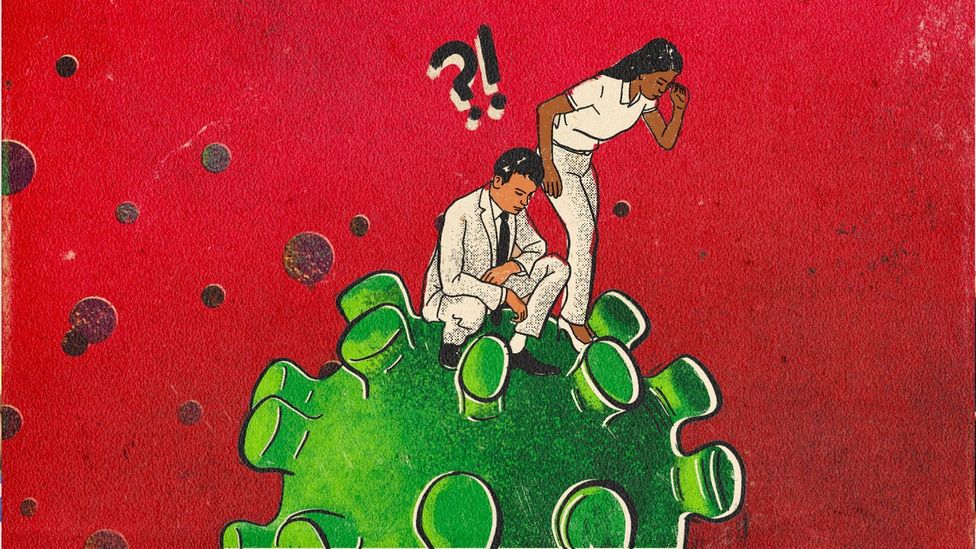


We get new words from many different places. Some have a short life span (heard groovy lately?), but others stick around to affect the language as a whole. As young people interact with others their own age, their language grows to include words, phrases, and constructions that are different from those of the older generation. Many of the changes that occur in language begin with teens and young adults. At the same time, various groups in society use language as a way of marking their group identity showing who is and isn't a member of the group. We pick up new words and phrases from all the different people we talk with, and these combine to make something new and unlike any other person's particular way of speaking. We all know a slightly different set of words and constructions, depending on our age, job, education level, region of the country, and so on.

New technologies, new products, and new experiences require new words to refer to them clearly and efficiently. Consider texting: originally it was called text messaging, because it allowed one person to send another text rather than voice messages by phone. As that became more common, people began using the shorter form text to refer to both the message and the process, as in I just got a text or I'll text Sylvia right now.Īnother reason for change is that no two people have had exactly the same language experience. First, it changes because the needs of its speakers change. If you go back a couple more centuries, Chaucer's Canterbury Tales are very tough sledding, and if you went back another 500 years to try to read Beowulf, it would be like reading a different language. The change is so slow that from year to year we hardly notice it, except to grumble every so often about the ‘poor English’ being used by the younger generation! However, reading Shakespeare's writings from the sixteenth century can be difficult. As long as the needs of language users continue to change, so will the language. Yes, and so is every other human language! Language is always changing, evolving, and adapting to the needs of its users. This isn't a bad thing if English hadn't changed since, say, 1950, we wouldn't have words to refer to modems, fax machines, or cable TV.


 0 kommentar(er)
0 kommentar(er)
